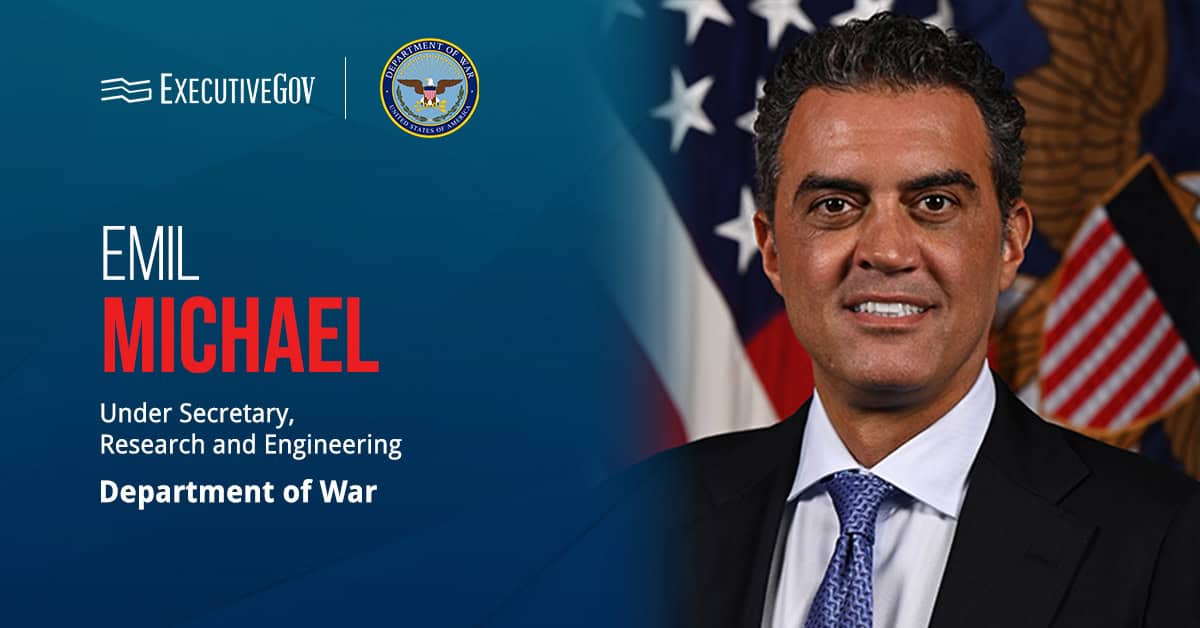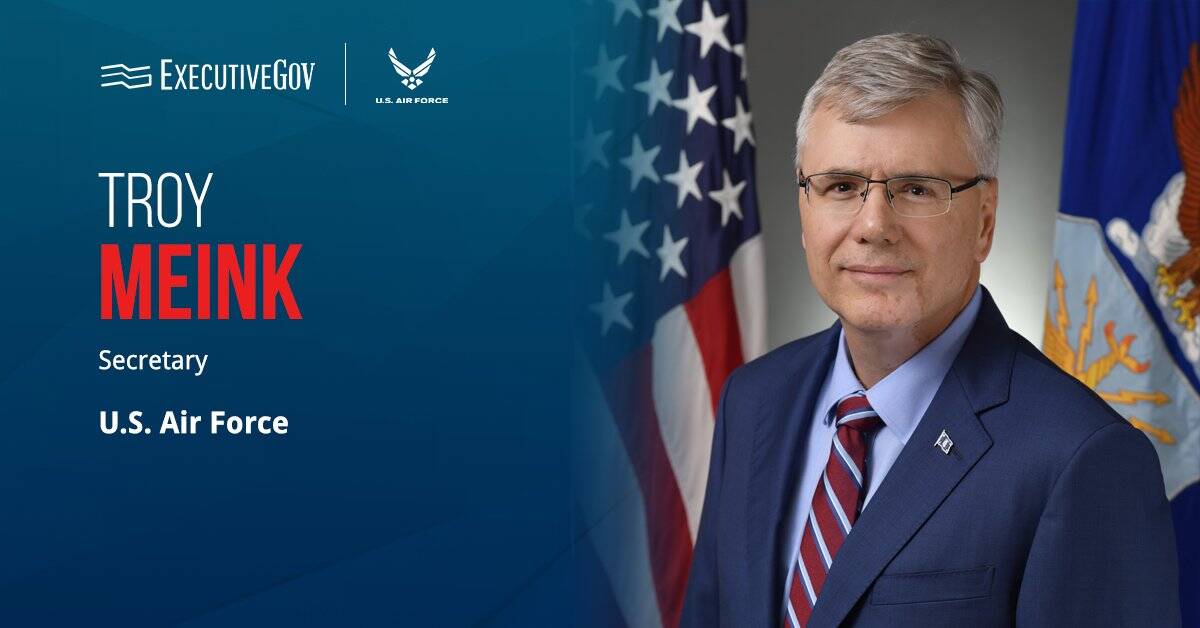 The Center for Strategic and International Studies believes that Congress must end sequestration budget cuts in order to fund the U.S.’ Asia-Pacific rebalance efforts, Breaking Defense reported Tuesday.
The Center for Strategic and International Studies believes that Congress must end sequestration budget cuts in order to fund the U.S.’ Asia-Pacific rebalance efforts, Breaking Defense reported Tuesday.Sydney Freedberg Jr. writes that the think tank released a report in which it indicated potential U.S. vulnerabilities in satellites and electronic warfare and the potential challenge of China and North Korea to U.S. security commitments.
“Robust funding is needed at a level above the president’s budget,” CSIS said, according to the report.
“The rebalance to the Asia-Pacific will therefore require the Congress to forge a long-term bipartisan agreement to fund defense at the higher levels for which there is a broad consensus.”
CSIS also recommended increased missile defenses, a concrete rebalance strategy, a joint task force for the Pacific, training exercises and more weapon procurements, Freedberg reports.





